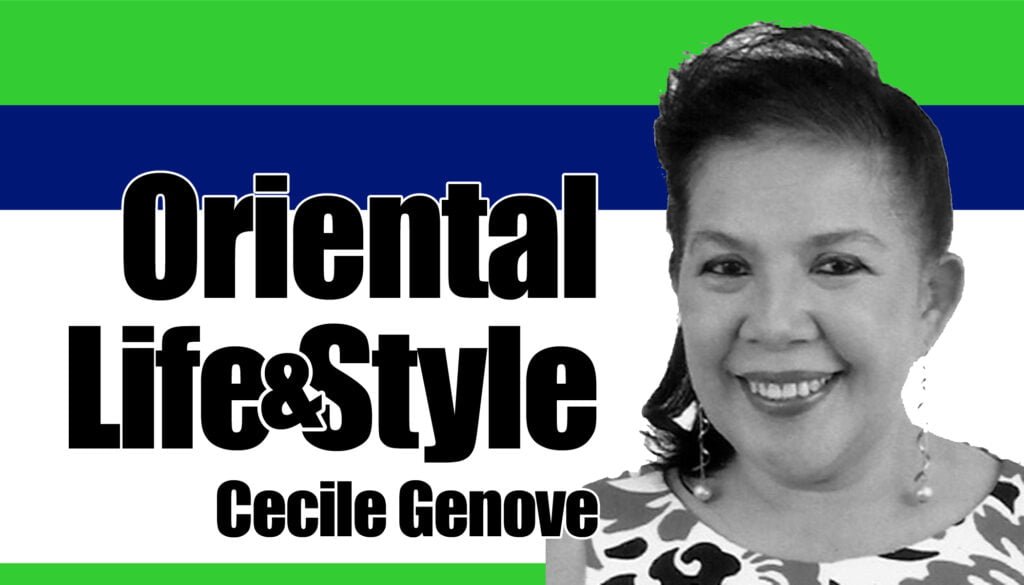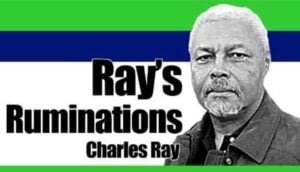
The 8th Asia-Pacific Regional Conference on Service-Learning hosted by Silliman University concluded on Thursday, July 29, which was anchored on the theme “Community Engagement at the Intersection of Research and Extension.”
Close to a hundred participants from the Asia-Pacific Region registered, which had sub-themes on service-learning as it relates to classroom instruction, research, and community outreach.
The sub-themes also had cross–interactions. Paper presenters selected their paper’s most dominant sub-theme.
Service-learning is a teaching pedagogy that has been widely used and accepted. In these difficult times, especially because of the succession of calamities and disasters, either natural or human-induced, not to mention the pandemic, these have made the lives of the severely affected regions in Asia-Pacific more challenging.
Thus, it requires cooperation among higher education and social institutions to survive as one community in a limiting environment. This also demands the preparation of the younger generation, particularly higher education students, to be affectively and effectively involved in the efforts to make better the lives of those in need.
One way to prepare students, both in theoretical and practical ways, is through the integration of service-learning pedagogy in formal classroom instruction, research undertakings, and community engagement – functions mandated of higher education institutions.
Exposing students in all these domains of learning with service-learning pedagogy as the guiding framework of the design of learning activities that benefit participating communities, may produce students who understand and appreciate the value of their chosen career tracks before and beyond completion of their degrees.
According to Dr. Maria Lourdes Ursos, a medical doctor by profession and director of the Silliman University Office of Community Engagement and Service-Learning, the two-day conference likewise allowed all member institutions to reconnect with one another. “We have a service-learning area network that keeps us all abreast with what is happening in our respective localities. It is always good to come together to share best practices and experiences, despite of or more so, because of the pandemic. Where are we now and what have we done, so far, to address our situation,” explained Dr. Ursos.
Breakout rooms were provided for easier interaction facilitated by moderators. Among the papers presented last Wednesday, July 28, were: “Eskwelahan: Narratives of Challenges and Opportunities in E-Service Learning Engagements of Students in Sociology of Education Course,” by Milrose Llenas of the University of Santo Tomas; “Exploring Online Service-Learning under the CoViD-19 Pandemic in the International Christian University in Japan” by Nenji Ishihaa and Hitomi Yokote; “A Case Study of a Fully Online Academic Service-Learning Course: An Investigation of its Effectivity in Achieving Desired Student and Partner Community Outcomes” by Mark Anthony Abenir of Ateneo de Manila University.
Another breakout room yielded the following discussions: “Civic Mindedness as an Enduring Influence of Service-Learning” by Ganejane Adarlo, Urduja Amor, and Agnes Garciano of Ateneo de Manila University; “Whole Person Education through an Integrated Silliman University Nutrition and Dietetics Service-Learning Program” by Mark Genove, Ruth Entea, Alvyn Mana-ay, and Jin Genove of Silliman University; “Simulated Community Health Nursing Experience: Maximizing Service-Learning Engagement in Online Education through Project-Based Learning” by Homer Balmes of Trinity University of Asia.
More interesting discussions emerged in the other breakout rooms, like: “Framework for Medical Technology-Community: Evidence-Based Project” by Gemma Kitane of Silliman University; “Free Computer Education Among Senior Citizens: A Service-Learning in an Immersion Class in Senior High School” by Dave Marcial, Alfie Arcelo, and Fredlie Bucog of Silliman University; “Wastewater Monitoring Program of Silliman University Biology Department: A Service-Learning Undergraduate Exemplar” by Robert Guinoo, Michael Alcala, and Elise Inocencio of Silliman University.
Insightful discussions also resulted from the following papers: “Illuminating Learning in Service-Learning: A Case Study of the Civic Welfare Training Service of Silliman University” by Novee Maestrecampo Jr. and Giovanni Macahig of Silliman University; “Understanding the Impact of Mental Health on Female Residents of Barangay Cantil-e: A Service-Learning Approach” by Daryl Robinson and Michele Naranjo; “ICT Literacy in the Department of Education: A Six-Year Service-Learning Experience in Computer Studies” by Dave Marcial and Joy Dy of Silliman University.
Three books were also presented in the plenary. These are: “Food for Thought: Service-Learning Research in Asia” by Dr. Robert Shumer and Dr. Constance Chan Wing Yee; “Sharing and Realization of the Vision and Practice of Art Facilitation Through Service-Learning” by Dr. Sophia Law; and, “A Service-Learning Case Study: Livestock Disease Management Through Government and Community Partnerships in Aililo, Rote Ndao” by Dr. Christian Nindyputra Octarino. – NWI




